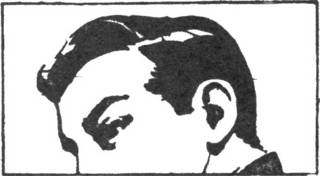Rajapart is a piece of Tamil theatre jargon from the 1930s, referring to the lead role in a play. The word mixes Tamil and English:
rajapart is the 'king's part', the hero's role in costume dramas staged by the travelling theatre troupes of the time. I found the term in the autobiography of Sivaji Ganesan, the legendary Tamil actor who started out in one such 'boys' company' during this period, and also appeared in a film titled
Rajapart Rangadurai later in his career.
In the theatre jargon of those days, I wanted to play Rajapart which was the role of a King. I appealed to my teacher demonstrating to him my prowess at playing this role. Gradually the number of female roles that came to me lessened and I was given male roles, and finally, I reached the status of a Rajapart actor. I was considered one of the most important actors in the troupe. (Sivaji Ganesan, Autobiography of an Actor, ed. by T. S. Narayana Swamy. Translated English edition, Chennai 2007)
Elsewhere in the text, Ganesan introduces the following terms, which illustrate the eccentric manner in which Tamil speakers tend to adopt English words.
Iron Streepart means a very important female part and similarly Iron Rajapart means a very important male role.
Why
iron? I've been scratching my head, but the best I've got is this equation: iron=something strong=something very important. Maybe someone out there has a better explanation?
